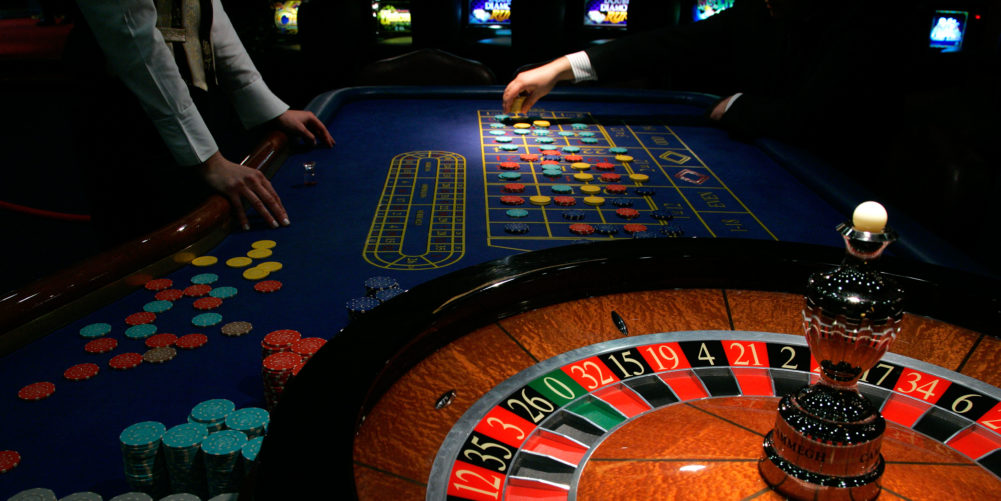Introduction:
Casinos have long held a mystique that combines glamour, excitement, and a touch of risk. These establishments are not just places to try your luck; they are microcosms of entertainment, luxury, and social rtp pokerampm. In this article, we delve into the multifaceted world of casinos, exploring their history, evolution, and impact on society.
The Origins:
The roots of casinos can be traced back to ancient civilizations where games of chance were popular forms of entertainment. However, the concept of a casino, as we know it today, emerged in 17th century Italy. The term ‘casino’ itself is derived from the Italian word for a small house, where social gatherings took place. Over time, these houses began incorporating various forms of gambling, laying the foundation for the modern casino.
Evolution and Expansion:
Casinos have undergone significant transformations over the years. The advent of the internet in the late 20th century brought about online casinos, enabling people to experience the thrill of gambling from the comfort of their homes. The gaming industry expanded further with the integration of technology, introducing innovative games and virtual reality experiences.
Today, casinos are not confined to Las Vegas or Monte Carlo; they are global phenomena. From the bustling streets of Macau to the opulent resorts in Singapore, casinos have become integral components of the hospitality and entertainment industries, attracting millions of visitors annually.
The Social Aspect:
Beyond the slot machines and card tables, casinos offer a unique social experience. They serve as venues for concerts, shows, and fine dining, creating a blend of entertainment options for patrons. The atmosphere within a casino is often charged with energy, as individuals from diverse backgrounds come together to enjoy a shared passion for gaming.
Responsible Gambling:
While the allure of winning big can be captivating, it is essential to address the darker side of gambling – addiction. Casinos are increasingly promoting responsible gambling practices, implementing measures to identify and assist individuals struggling with addiction. Many jurisdictions have also enacted regulations to ensure the fair and ethical operation of casinos, protecting both players and the industry’s integrity.
Economic Impact:
The economic impact of casinos on local and national economies is undeniable. They generate employment, attract tourism, and contribute significantly to tax revenues. However, the reliance on gambling revenue raises questions about the potential negative consequences, such as social inequality and the development of a dependency on this source of income.
Conclusion:
Casinos have come a long way from their humble origins, evolving into multifaceted entertainment complexes that transcend traditional gambling. While they offer a unique and thrilling experience, it is crucial to approach them with a sense of responsibility. As the casino industry continues to grow and adapt, it is essential for society to strike a balance between indulgence and regulation, ensuring that the world of casinos remains a source of excitement without compromising the well-being of individuals and communities.



